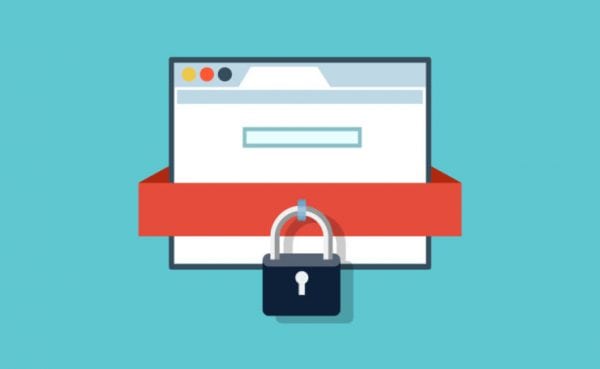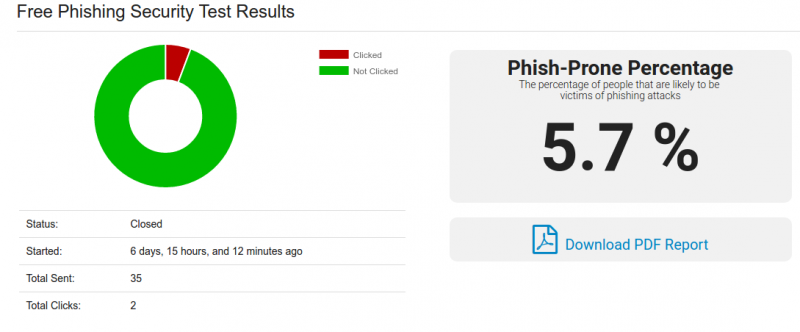Security can often be a scary word when tossed around online. All sorts of associations come to mind when you think of cyber security nowadays; breaches, hacking and exploitation to name a few. For the most part though, a reasonable degree of security for your website is not too difficult to achieve and is something that is generally quite easy to take care of when thinking about your website.

The best technique for something to be 100% secure is for it to not exist. Whilst you may think that something might not be hackable if done properly, hackers from across the world are targeting human error and common mistakes to allow them to dive into systems and take control. So, whilst all this may seem overwhelming, it’s important to know what you can do to protect yourself from cyber-attacks.
Don’t Assume You’re Secure
Don’t assume that your software or system infrastructure is secure. Our systems administrator ran a phishing test on the company to determine whether someone would fall victim to a targeted attack via email. We had a couple of people fall for the test, and it only takes one for a security breach to occur. It’s not just code that needs to be secure, it’s your colleagues, friends and family too. Make sure they stay on top of their digital security too!

Don’t Forget To Update
One of the easiest ways for a site to be hacked is to not update it in a long time and wait for vulnerabilities to be found in the software. This will give hackers an easy way to exploit your site, and if they’re especially lucky, they might even be able to use a search engine to find multiple sites with the same vulnerability! Updating your system is usually painless and a very quick task to perform. Things like updating your website plugins and web browser can take just minutes, so it’s an easy win and gives you peace of mind that you’re up-to-date with the latest features and protections.
Backup Your Files
Keeping a backup of important files can be a simple and effective way to recover your data if you lose anything important; it also gives you peace of mind when things go wrong. Whether you’ve been the victim of a hack, or you just accidentally clicked delete, it really does help to keep a record of things on an external system. This can be done with a USB drive, external hard drive or a storage cloud. Whilst this doesn’t give you protection as such, it lets you get back on your feet without worrying about your data.

Employ Extra Protection
When dealing with websites, there are a number of steps than can be taken to improve the security of a site. Security apps are plentiful but not all of them will do what you want them to. The simple things are more effective; such as two-stage verification on your accounts, choosing very strong passwords and ensuring users only have access to the specific areas they need to.
What Can You Do Now?
The first thing you should do is apply any security updates that are pending on your site. Next, make sure you’re backing up regularly to keep your data secure; ideally elsewhere and not on your usual computer. The last thing you can do is audit your accounts. Make sure you have strong passwords on all of your accounts, and that any recovery methods you have enabled are still within your control (mobile phone numbers get reused sometimes for example).
Once you’ve done all of that, tell us some of your best practices in keeping your IT secure! Small tips and tricks can often be the best line of defense when applied correctly. Collectively staying secure has huge benefits for all of us.
